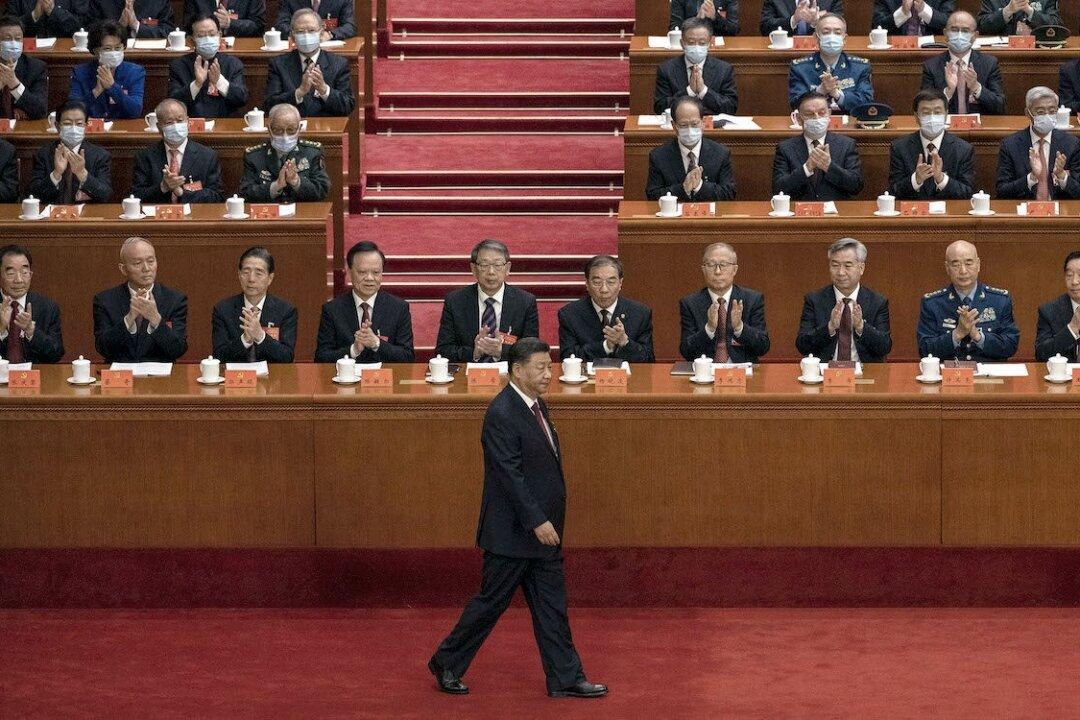Commentary
After Xi Jinping secured a third term at the 20th National Congress in October, many people speculated about what he will do next. The most worrying move is that he would invade Taiwan with arms.

After Xi Jinping secured a third term at the 20th National Congress in October, many people speculated about what he will do next. The most worrying move is that he would invade Taiwan with arms.